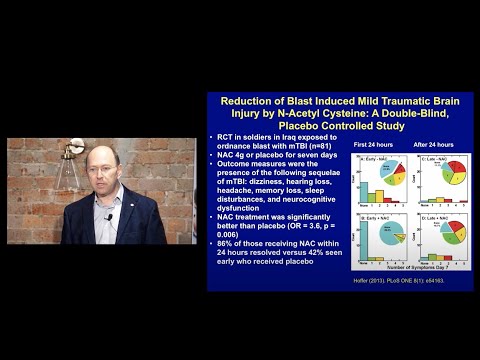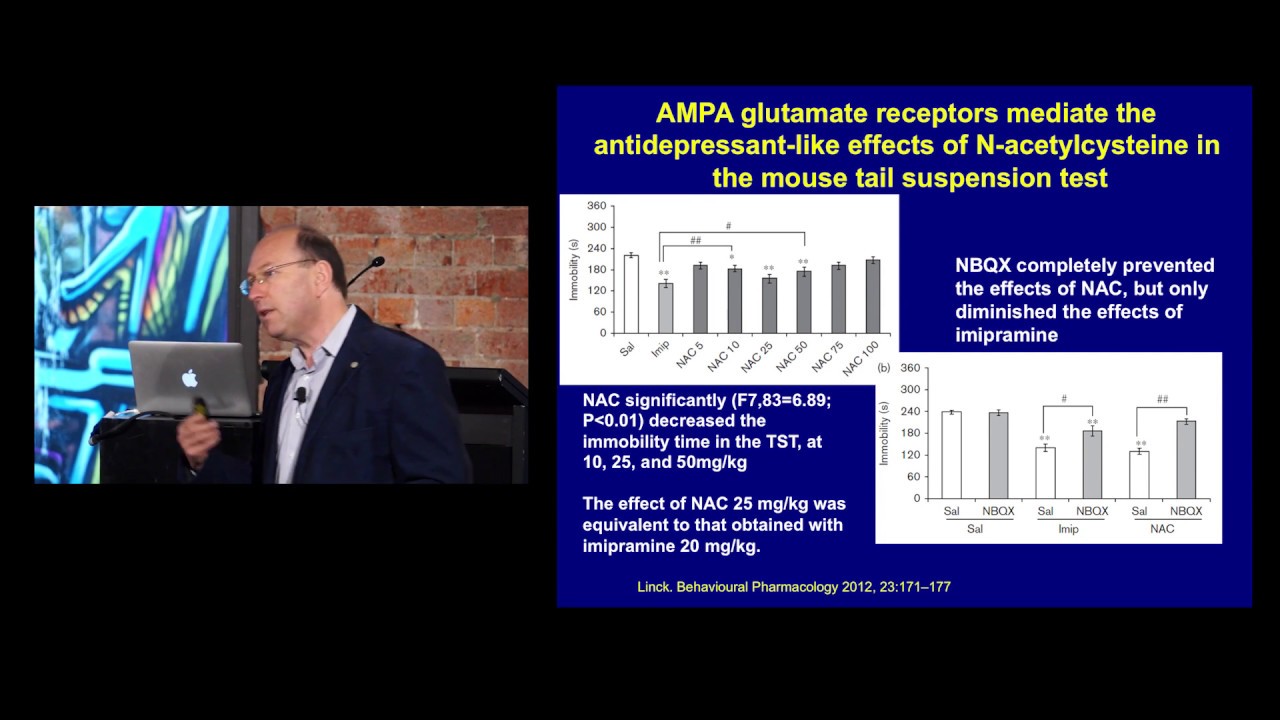I’ve been doing some research into the neuroscience of addiction and have come across some very interesting things. Firstly I want to premise this by saying I am not a neuroscientist, nor a professional. I am only sharing what I’ve found in studies and articles.
Glutamate is the brain’s primary excitatory neurotransmitter, and it participates in most aspects of normal brain function.
“Glutamate is the real workhorse of all transmitters in the brain,” says George Rebec, a professor emeritus in the Department of Psychological and Brain Sciences. “Dopamine is the more popularly known neurotransmitter, a lack of which contributes to depression, anxiety, attention deficit hyperactivity disorder and Parkinson’s disease – but it actually accounts for less than 5 percent of all synaptic activity. By contrast, glutamate accounts for about 50 percent of this activity and is especially involved in the reward-motivation circuits integral to addiction.”
Glutamate rather than dopamine becomes the neurotransmitter most closely tied to drug-seeking. When addiction is present the brains neurochemicals become imbalanced which leads to increased levels of glutamate. Glutamate levels have been seen to be increased even months after someone’s last use. Imbalanced glutamate levels has been shown in people with bipolar disorder, schizophrenia, OCD, major depressive disorder, ADHD, autism, trichotillomania, and many more.
N-Acetylcysteine (NAC), an amino acid that’s been shown to increase the antioxidant glutathione, has been shown to have positive effects on the imbalance addiction brings on glutamate. Glutathione is the most abundant antioxidant in the human body, but when the body is exposed to addiction it becomes obsolete. Glutamate takes over and produces a host of problems in the brain. With NAC however we can reverse the damage caused by addiction and finally balance out our glutamate levels to have more impulse control, have better mental health, and have less urges. NAC even regulates deltaFosB levels in the brain after drug use. NAC supplementation has been shown to regulate the damaging effects caused by addiction.
I will summarize what I found interesting in studies and then also link the sources so you can read up on it to if you want.
Potential Role of N-Acetylcysteine in the Management of Substance Use Disorders
Summary
NAC was shown to reduce addiction related symptoms in - cannabis dependance, nicotine dependance, heroin dependance, cocaine dependance, alcohol dependance, methamphetamine dependance, pathogical gambling, opiates dependance, and help with impulsive-compulsive behavior disorders.
Quote from the study
“At the neurobiological level this suggests that NAC-induced re-regulation of the
homeostatic extrasynaptic glutamate levels in the brain may be affecting the behavioral component of ‘seeking’ – whether that be drug, a poker game, or the anxiety-alleviation provided by compulsive hair pulling.”
Study:
Effects of Alcohol Cues on MRS Glutamate Levels in the Anterior Cingulate
Summary
Brain glutamate levels were found to be higher in addicts brain than in non addicts brains. When exposed to alcohol related cues the brain glutamate levels of addicts brains was much higher than non addicts.
Article:
Medications That Normalize Brain Glutamate Reduce Drug-Seeking in Rats
Summary
NAC helped rats overcome cravings and cues. These rats self administered heroin for 15 days straight. After 15 days the rats that were administered NAC learned more quickly to stop self administering heroin, as well as after 40 days had fewer relapses than rats who had not taken NAC. The NAC group had normalized brain glutamate levels while the non-medicated group still had heightened brain glutamate levels after non drug use.
Quote by Dr. Jerry Frankenheim
“Dopamine triggers reward and is critical in the early stage of addiction, but glutamate is crucial in maintaining addiction and inducing its long-term effects,” says Dr. Jerry Frankenheim of NIDA’s Division of Basic Neuroscience and Behavioral Research. “However, the picture is quite complex. For example, dopamine and glutamate seem to modulate each other. NIDA is supporting several researchers who are examining the dopamine-glutamate relationship.”
N-Acetylcysteine Reverses Cocaine-Induced Metaplasticity
Summary
NAC reversed cocaine-induced neuroplastic damage and helped prevent relapse and cravings in rats and humans.
Quotes from them study
“N-acetylcysteine (NAC) treatment prevents relapse in animal models and craving in humans by activating cystine-glutamate exchange and thereby stimulating extrasynaptic metabotropic glutamate receptors (mGluR).”
“Our findings show that cocaine self-administration induces metaplasticity that inhibits further induction of synaptic plasticity, and this impairment can be reversed by NAC, a drug that also prevents relapse.”
Study:
Other Information
Here is much more information on how Acetylcysteine helps to rebalance the brains glutathione/glutamate levels and that in turn stops cravings and helps kick addiction. It’s been shown to be safe for people even if you were never addicted. There is much more information than this but I’ll just source these for now.
Article:
N-AcetylCysteine (NAC) For Alcoholism: Research, Benefits & Safety.
Article:
Study:
Study:
Video:
Video:
Study:
Very interesting stuff if you’re a struggling addict trying to kick something. This means we can safely supplement with an amino acid to at least aid in stopping cravings and ultimately stopping this addiction. Not only that but it’s just incredibly beneficial for the brain and body to have proper amounts of glutamate and glutathione and without proper balances it leads to brain damage, scary stuff. I took NAC for one day and I can tell you from personal experience it stopped my cravings almost to zero. Which is insane if you think about it. From hardcore addict to under control and driven. Wow. Give NAC a try, I recommend it for anyone having trouble kicking this addiction. But of course you should ask a health professional before taking any new supplement.


